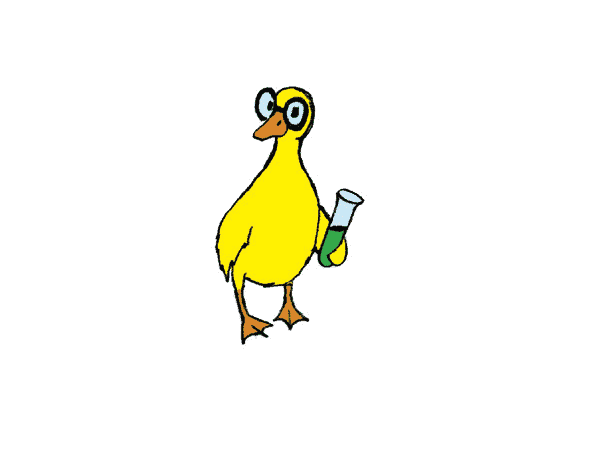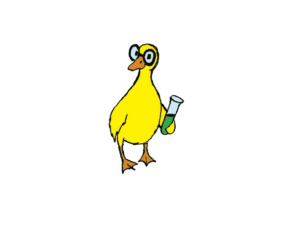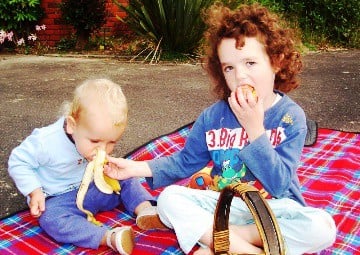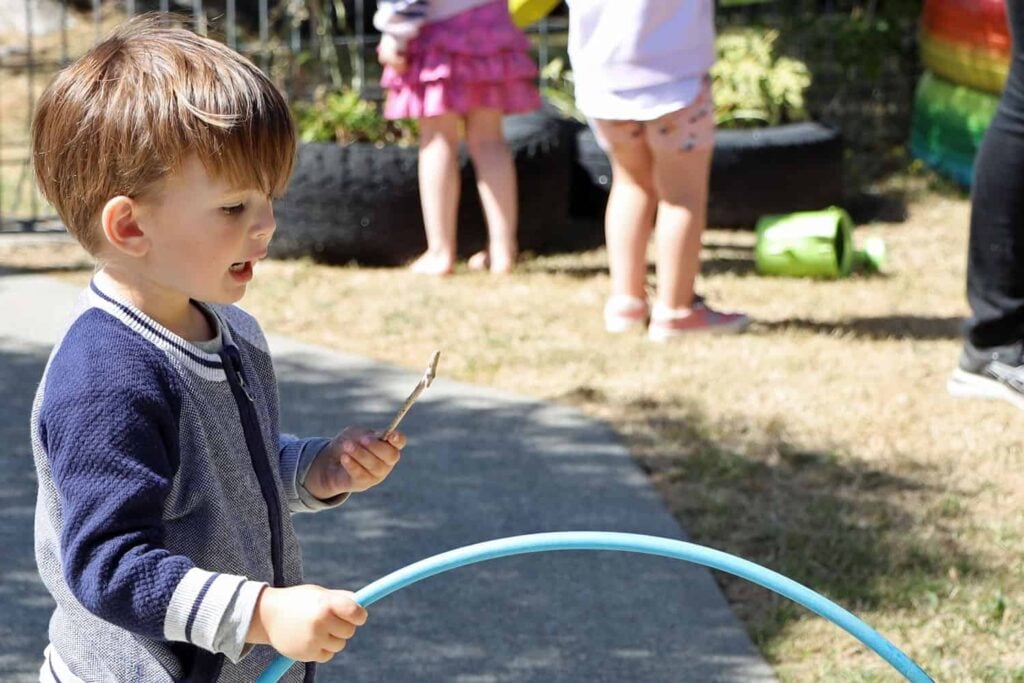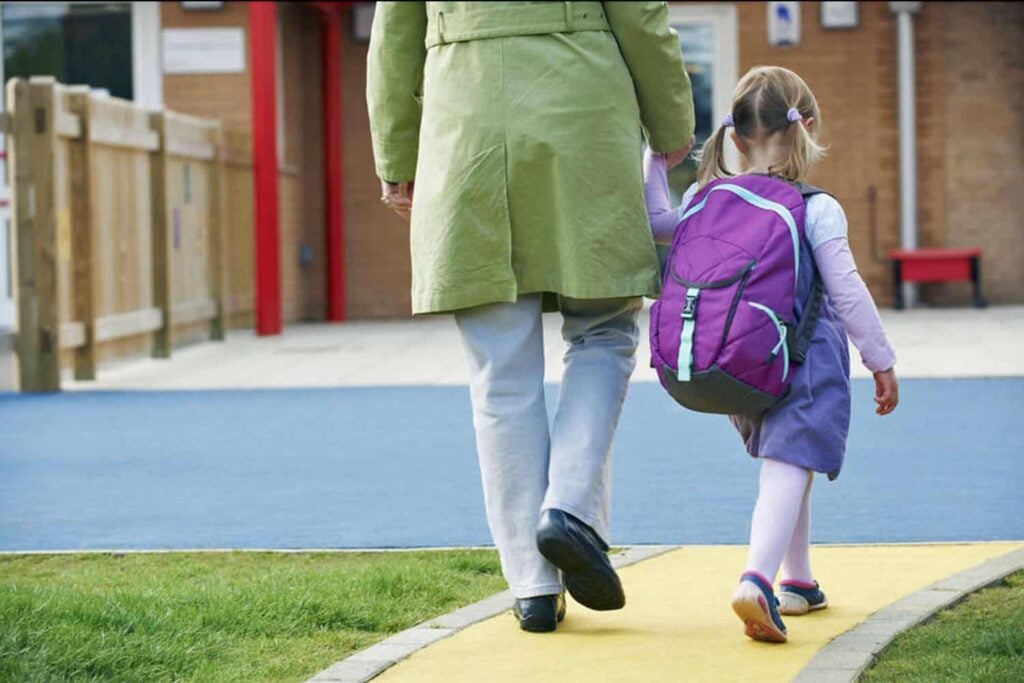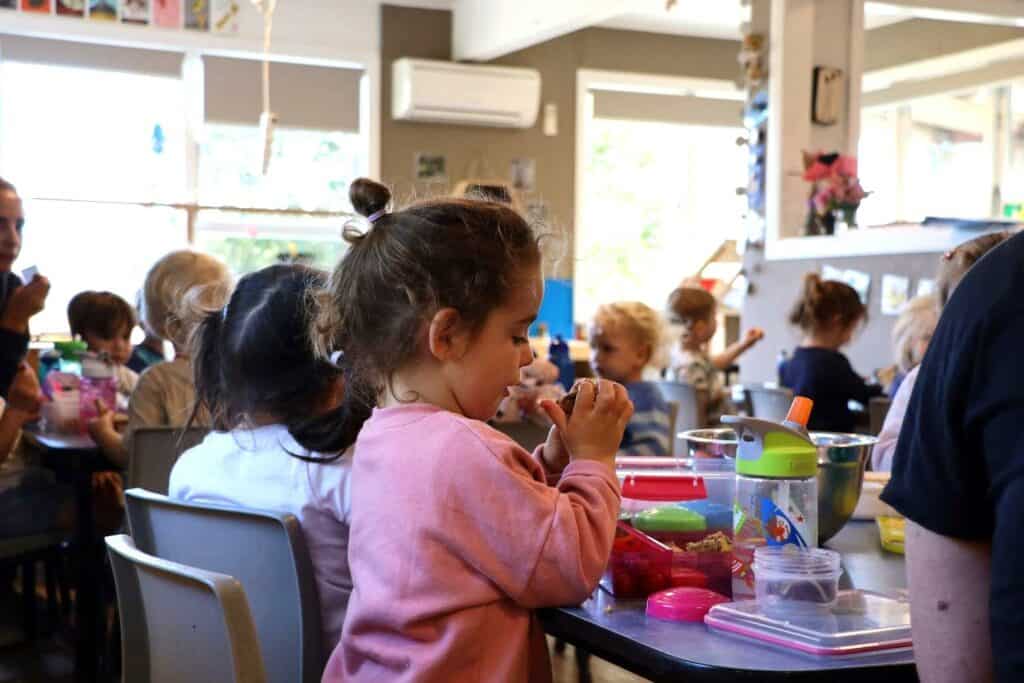The formula to produce quality early childhood education that is remarkable for children reflects over thirty years of research into factors important for effective teaching and empirical indicators of quality ECE related to child outcomes.
To print this as a poster, click on the print icon.
The Formula
The formula for quality is evidence-based and developed through decades of research by Dr Sarah Alexander for all early childhood services.
Wonderful, truly remarkable quality early childhood education (ECE) is produced when the following ingredients of quality are present and come together.
- The ECE service doesn’t feel over-crowded, and everyone knows everyone’s name.
- You can hear laughter and see that being at the service is enjoyable for everyone.
- Diversity is embraced and the service has an inclusive culture (e.g., teaching staff include people of different genders. Children with disabilities are involved in all aspects of the programme).
- Parents and family members can visit and participate anytime they wish.
- Opportunities are provided for families to be involved in the curriculum and events.
- Interest is shown in children’s home activities and learning, and family views on care are respected.
- Children’s individual needs are known and meet.
- There is ample play space both inside and outdoors for the number and ages of children, with a good variety of play areas and materials (e.g., sandpit, puppets, musical instruments, cooking, and gardening).
- There is always something on offer for the children to do, so more choices and less down-time (not passive watching, aimless wandering, or screen time).
- Children’s personal privacy is respected, such as when using the toilet.
- High attention is given to keeping children safe, and to hand-washing and hygiene.
- The adults/ teaching staff:
- are trained and qualified in early childhood education;
- draw on research-based evidence and expert advice to reflect on what they do and enhance their teaching and support of children and families; and
- have adequate sick and holiday leave and are well paid (at least at the same level of pay as schoolteachers with equivalent qualifications and experience).
Quality early childhood education is not a luxury, but a basic necessity given the importance of the early years in a child’s development and the amount of time that so many of our children spend in care from a very young age.
The quality of the early childhood service is remarkable when it can show it is truly good for children in every way and delights parents in going beyond their expectations.
– Dr Sarah Alexander
Related readings on quality
Six signs of a quality early childhood education experience for children and families
Structural indicators of quality and current regulations
A philosophical discussion on “what is quality?”
Early foundations: The Ministry of Education best evidence synthesis on quality teaching for diverse learners


